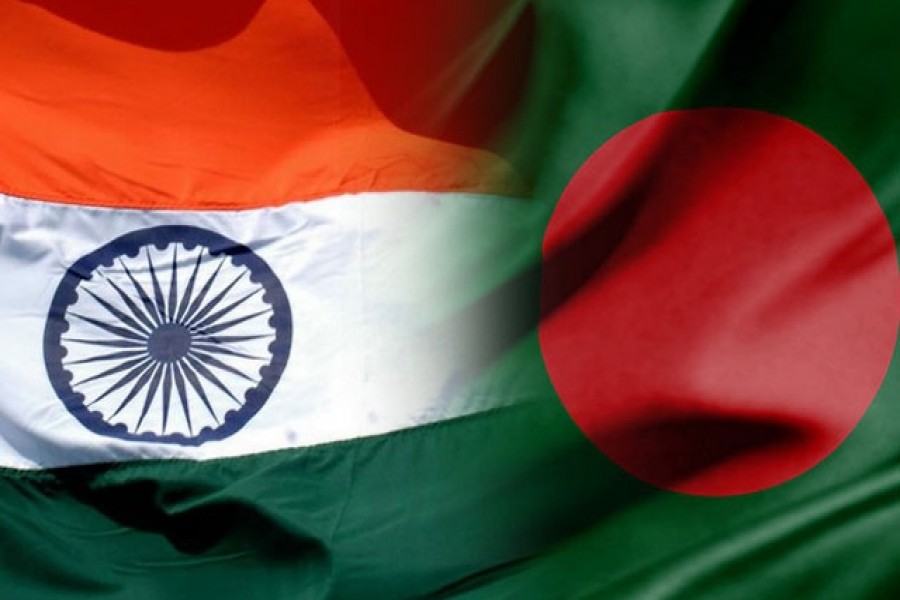Bangladesh and India have agreed to sign a Comprehensive Economic Partnership Agreement or CEPA. India has already entered into such agreements with a few other countries such as South Korea, Japan, Singapore and Malaysia but has not yet signed one with a least developed or low-end emerging economy like Bangladesh.
Bangladesh has so far been doing quite well in global trade even without a major free trade agreement. But the way the global scenario has been changing in recent years with respect to trade and investment, the country may face problems if it continues to go it alone.
India and many other countries, including some in our neighbourhood, have signed bilateral and multilateral free trade agreements to remain globally competitive as well as to accelerate and consolidate their economic growth at home. Bangladesh has signed a few regional trade agreements like South Asian Preferential Trade Agreement (SAPTA) with South Asian Association for Regional Cooperation (SAARC) countries, and Asian Pacific Trade Agreement (APTA) with India, China, South Korea and Sri Lanka. For some reasons, mostly due to bickering between India and Pakistan, SAPTA and its freer version South Asian Free Trade Area (SAFTA) did not work. Bangladesh needs to give a fresh look at these trade-related agreements. India is common in all the regional trade agreements Bangladesh has signed so far.
However, the old trade agreements should in no way stand in the way of signing new ones. Bangladesh should closely study how it would benefit from the proposed bilateral CEPA with India.
Indian imports from global source have increased many folds over the last decade, but those from Bangladesh have not increased noticeably.
Ten years back Bangladesh exported goods worth of $500 million to India, that now stands at about $800 million. On the other hand, Indian exports to Bangladesh have steadily increased and now stands at $8.0 billion, creating a huge trade gap against Bangladesh. Trade gap has to be narrowed down. At the moment, Bangladesh is earning foreign exchanges from other sources but spending a bulk of those on import from India. Also, export from India to Bangladesh should not be seen in an isolated way per se, it should be viewed against Indian investment in Bangladesh. Bangladesh should put more emphasis on Indian investment in the country. Once that happens, export of Bangladesh to India will be increasing automatically, especially from the Indian companies investing in the Bangladesh economy.
At the same time, Bangladesh should see that its relationship with India does not undermine its relationship with other countries nor does it curtail its freedom to sign similar agreements with other countries, including China. China and India are the two economies which can help Bangladesh economy grow at a faster rate by opening their doors for Bangladesh exports. China has already proposed to sign a Free Trade Agreement with Bangladesh. Bangladesh should give the Chinese offer a serious thought.
When India signed trade agreements with countries like Japan and South Korea, it is understood that it had kept some provisions of safeguards for itself as a developing country. Similarly, if Bangladesh eventually signs the proposed CEPA with India, it should ensure that its rights as an LDC or lower-end developing country are protected.
Bangladesh should not shy away from any opportunity of signing a good trade agreement with any country or group of countries. No country in today's world does any good in trade without signing free trade agreements with its major trade partners in one form or another. The future economic growth of the country lies in what it can do to accelerate its export to the world.
Abu Ahmed is Professor of Economics at University of Dhaka.


